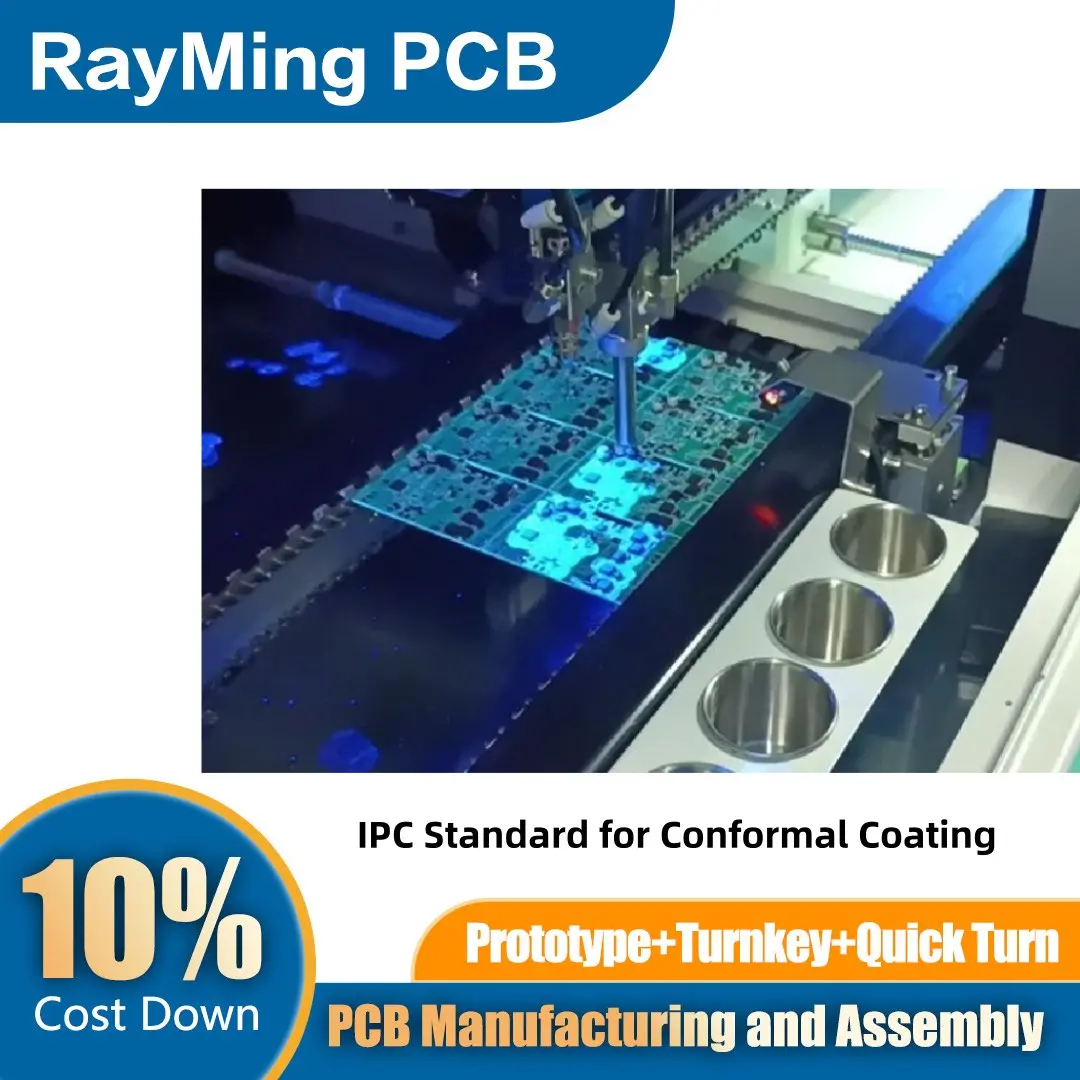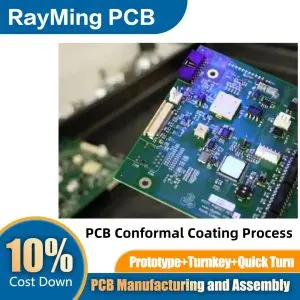The IPC Standard for Conformal Coating, specifically IPC-CC-830C, is a crucial guideline in the electronics manufacturing industry. This standard, developed by the Association Connecting Electronics Industries (IPC), provides comprehensive requirements and test methods for conformal coatings used to protect printed circuit board assemblies (PCBAs).
Key aspects of the IPC-CC-830C standard include:
-
Material Classification: Defines different types of conformal coatings, including acrylic (AR), urethane (UR), epoxy (ER), silicone (SR), and others.
-
Performance Requirements: Specifies minimum performance criteria for various properties such as:
- Insulation resistance
- Dielectric withstanding voltage
- Moisture and insulation resistance
- Flexibility
- Thermal shock resistance
-
Testing Methods: Outlines standardized procedures for evaluating coating performance, ensuring consistency across the industry.
-
Application Guidelines: Provides recommendations for coating thickness and coverage.
-
Inspection Criteria: Establishes standards for visual inspection and quality control.
This standard is essential for ensuring the reliability and longevity of electronic devices, particularly those exposed to harsh environments or high-stress conditions. By adhering to IPC-CC-830C, manufacturers can guarantee a certain level of protection against moisture, dust, chemicals, and temperature fluctuations, thereby enhancing the overall quality and durability of their products.





